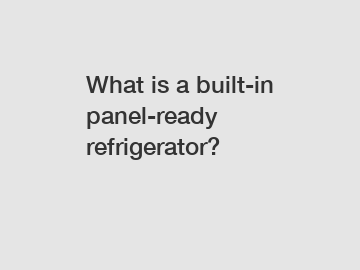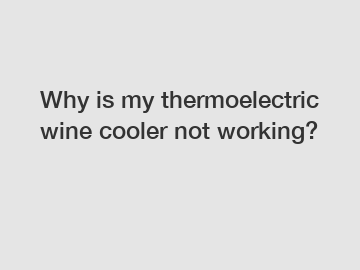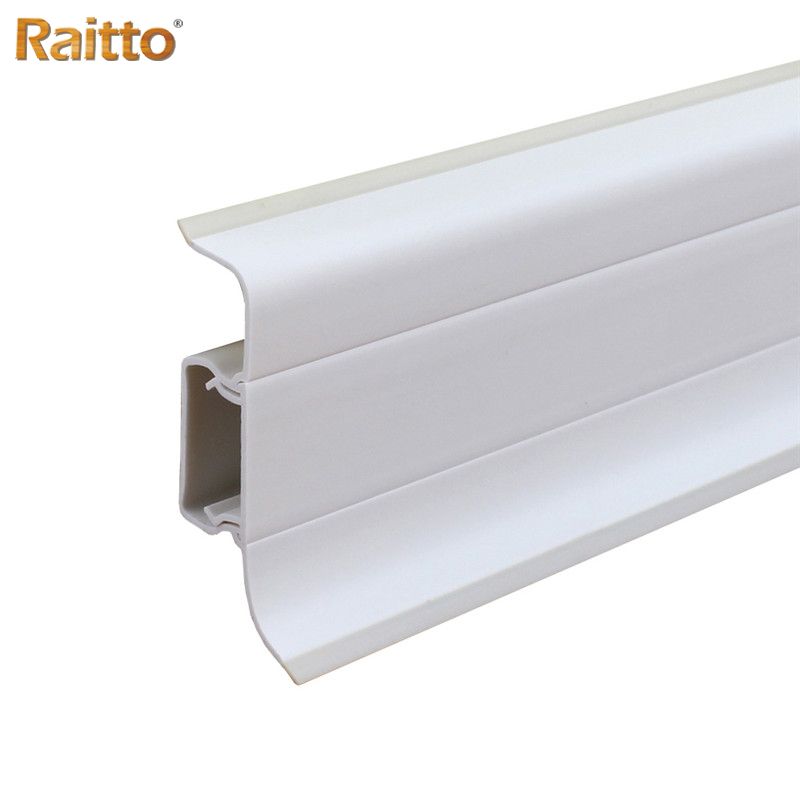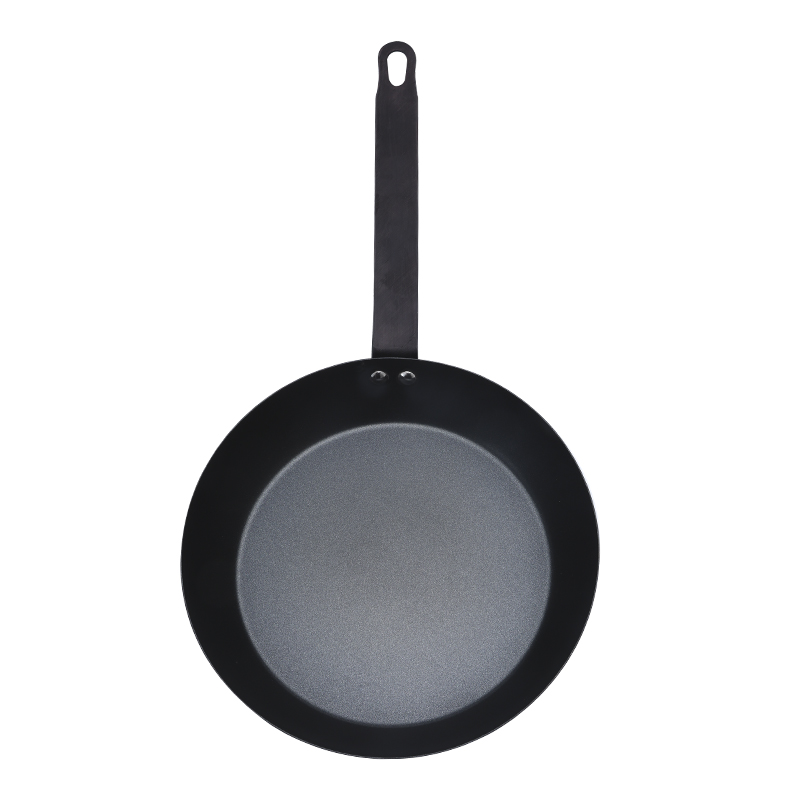Are PTC heaters any good?
Are PTC Heaters Any Good?
PTC (Positive Temperature Coefficient) heaters have gained popularity in recent years, but are they really any good? In this article, we will explore the features, benefits, and drawbacks of PTC heaters to help you determine if they are a suitable heating solution for your needs.
1. Energy Efficiency:

One of the main advantages of PTC heaters is their energy efficiency. These heaters utilize a self-regulating heating element that automatically adjusts its power output in response to changes in the surrounding temperature. This means that the heater consumes less power when the desired temperature is reached, resulting in energy savings. Additionally, PTC heaters do not require a separate thermostat, further enhancing their efficiency.
2. Safety:
Safety is always a paramount concern when it comes to heating devices. PTC heaters excel in this aspect as they incorporate a built-in safety feature – their self-regulating properties. Unlike traditional heating elements, PTC heaters cannot exceed a certain temperature, making them resistant to overheating. This greatly reduces the risk of fire hazards, making PTC heaters a safe choice for homes and offices.
3. Quick Heating:
PTC heaters are known for their fast heating capabilities. The self-regulating feature allows them to heat up quickly and maintain a consistent temperature. Unlike some conventional heaters, you don't have to wait for a PTC heater to reach its full temperature before experiencing its heat output. This makes them an ideal option for those who need instant warmth or want to quickly heat up a small space.
4. Durability:
Explore more:Are PTC heaters worth the investment for businesses?
Say Goodbye to Cold Nights with Anti-Shock Multi Zone Electric Blanket
5 Top Tips for Maximizing Space in Your Single Door Vertical Glass Door Freezer
Is a No Frost System Necessary in a Built-in Refrigerator at the Purchase Stage?
What is the best type of radiant heater?
Ultimate Guide to Machine Washable Personalized Blankets
Top 10 Best Back Bar Refrigerators for Efficient Cooling Solutions
Durability is another advantage of PTC heaters. The heating element is made from highly durable ceramic material, ensuring longevity. This means that PTC heaters can withstand continuous use without compromising their performance. Compared to conventional heaters that may have to be replaced more frequently, PTC heaters can offer long-term heating solutions.
Despite their numerous benefits, PTC heaters also have a few drawbacks to consider:
1. Limited Heat Output:
While PTC heaters are efficient at maintaining a consistent temperature, their heat output may be limited in larger spaces. They are best suited for small to medium-sized rooms and may struggle to heat larger areas. If you have a larger space to heat, you may need to consider alternate heating options.
2. Cost:
PTC heaters can be more expensive than their traditional counterparts. However, it is crucial to consider their energy-saving capabilities and long-term durability. Although the initial cost may be higher, their efficiency and longevity can result in cost savings over time.
3. Noise Level:
Some PTC heaters may produce a slight humming sound during operation. While this may not be bothersome for most people, it is worth noting for those who are sensitive to noise. However, many modern PTC heaters are designed to operate quietly, so it is advisable to choose a model that suits your preference.
In conclusion, PTC heaters offer several advantages such as energy efficiency, safety, quick heating, and durability. These features make them a good choice for small to medium-sized spaces and individuals seeking instant warmth. However, their limited heat output, higher cost compared to traditional heaters, and potential noise level should be considered when making a decision. Ultimately, the suitability of PTC heaters depends on your specific heating requirements and preferences.
For more information, please visit Prius Ptc Heater, What Is a Ptc Heater?, Portable Auto Heaters.
Explore more:Is a thermoelectric dual zone wine cooler worth the investment for your business?
How does a PTC heating element work?
Is a Thermoelectric Wine Cooler Worth It?
Maximize Your Earnings with Car Ptc: Top Tips and Strategies
Ultimate Guide to Upright Glass Door Coolers
What are the benefits of an electric humidor?
Upgrade Your Kitchen with Stunning Copper Cookware










